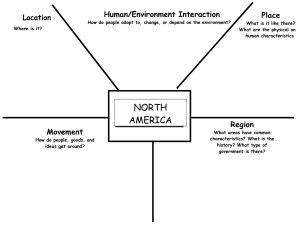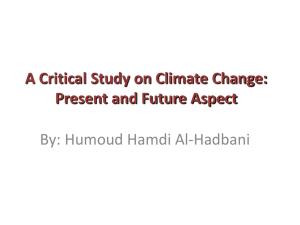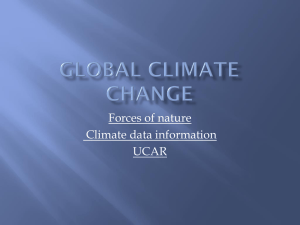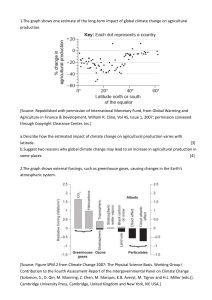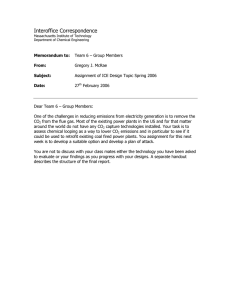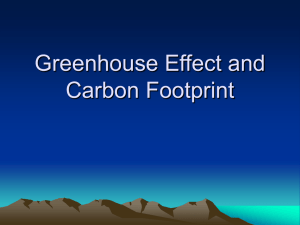Climate Action Urgency: Causes, Consequences, Solutions
advertisement
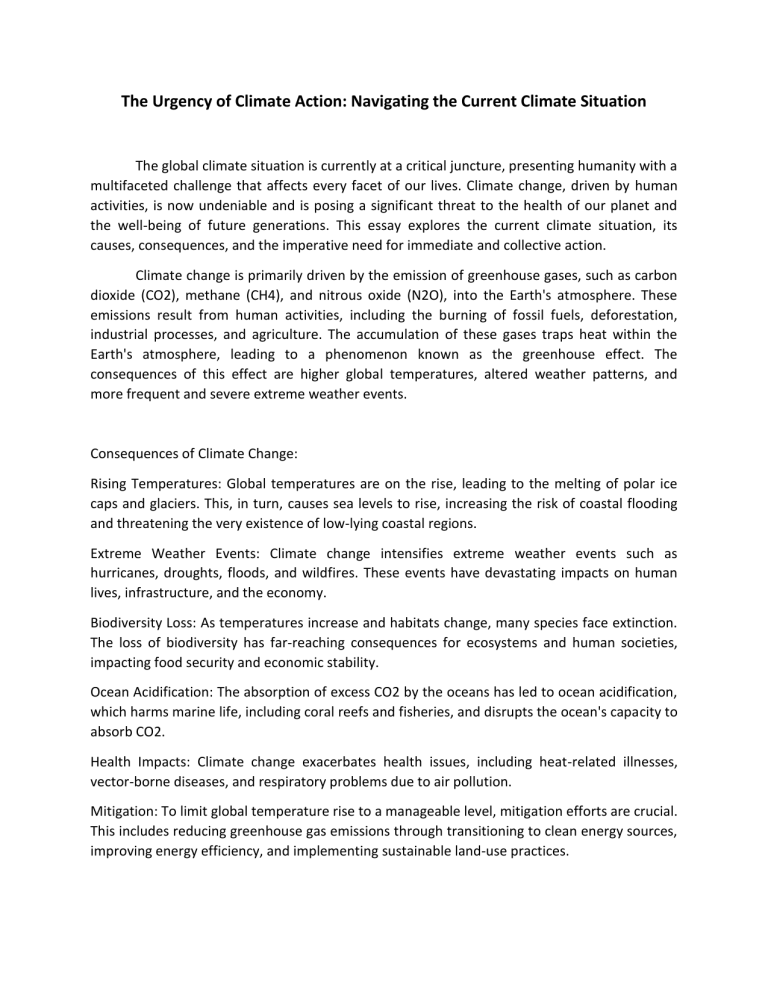
The Urgency of Climate Action: Navigating the Current Climate Situation The global climate situation is currently at a critical juncture, presenting humanity with a multifaceted challenge that affects every facet of our lives. Climate change, driven by human activities, is now undeniable and is posing a significant threat to the health of our planet and the well-being of future generations. This essay explores the current climate situation, its causes, consequences, and the imperative need for immediate and collective action. Climate change is primarily driven by the emission of greenhouse gases, such as carbon dioxide (CO2), methane (CH4), and nitrous oxide (N2O), into the Earth's atmosphere. These emissions result from human activities, including the burning of fossil fuels, deforestation, industrial processes, and agriculture. The accumulation of these gases traps heat within the Earth's atmosphere, leading to a phenomenon known as the greenhouse effect. The consequences of this effect are higher global temperatures, altered weather patterns, and more frequent and severe extreme weather events. Consequences of Climate Change: Rising Temperatures: Global temperatures are on the rise, leading to the melting of polar ice caps and glaciers. This, in turn, causes sea levels to rise, increasing the risk of coastal flooding and threatening the very existence of low-lying coastal regions. Extreme Weather Events: Climate change intensifies extreme weather events such as hurricanes, droughts, floods, and wildfires. These events have devastating impacts on human lives, infrastructure, and the economy. Biodiversity Loss: As temperatures increase and habitats change, many species face extinction. The loss of biodiversity has far-reaching consequences for ecosystems and human societies, impacting food security and economic stability. Ocean Acidification: The absorption of excess CO2 by the oceans has led to ocean acidification, which harms marine life, including coral reefs and fisheries, and disrupts the ocean's capacity to absorb CO2. Health Impacts: Climate change exacerbates health issues, including heat-related illnesses, vector-borne diseases, and respiratory problems due to air pollution. Mitigation: To limit global temperature rise to a manageable level, mitigation efforts are crucial. This includes reducing greenhouse gas emissions through transitioning to clean energy sources, improving energy efficiency, and implementing sustainable land-use practices. Adaptation: It is essential to adapt to the changes that are already underway. This involves building resilient infrastructure, protecting vulnerable communities, and planning for the impacts of climate change. International Cooperation: Climate change is a global issue, requiring international cooperation. The Paris Agreement, signed by nearly every country, aims to limit global warming to well below 2 degrees Celsius above pre-industrial levels. However, stronger commitments and actions are needed. Individual Responsibility: Individuals can contribute to climate action by reducing their carbon footprint, conserving energy, adopting sustainable lifestyles, and supporting policies and technologies that promote sustainability. Scientific Advancements: Research and innovation play a crucial role in developing new technologies, enhancing climate modeling, and finding solutions to mitigate and adapt to climate change. The current climate situation is dire, and it demands immediate and sustained action from individuals, communities, governments, and international organizations. The consequences of inaction are severe, affecting not only the environment but also the economy, public health, and social stability. Addressing climate change is not just an environmental concern but a moral and ethical obligation to preserve the planet for future generations. The urgency of the situation necessitates a collective effort to combat climate change, reduce emissions, adapt to its impacts, and build a sustainable future for all.
